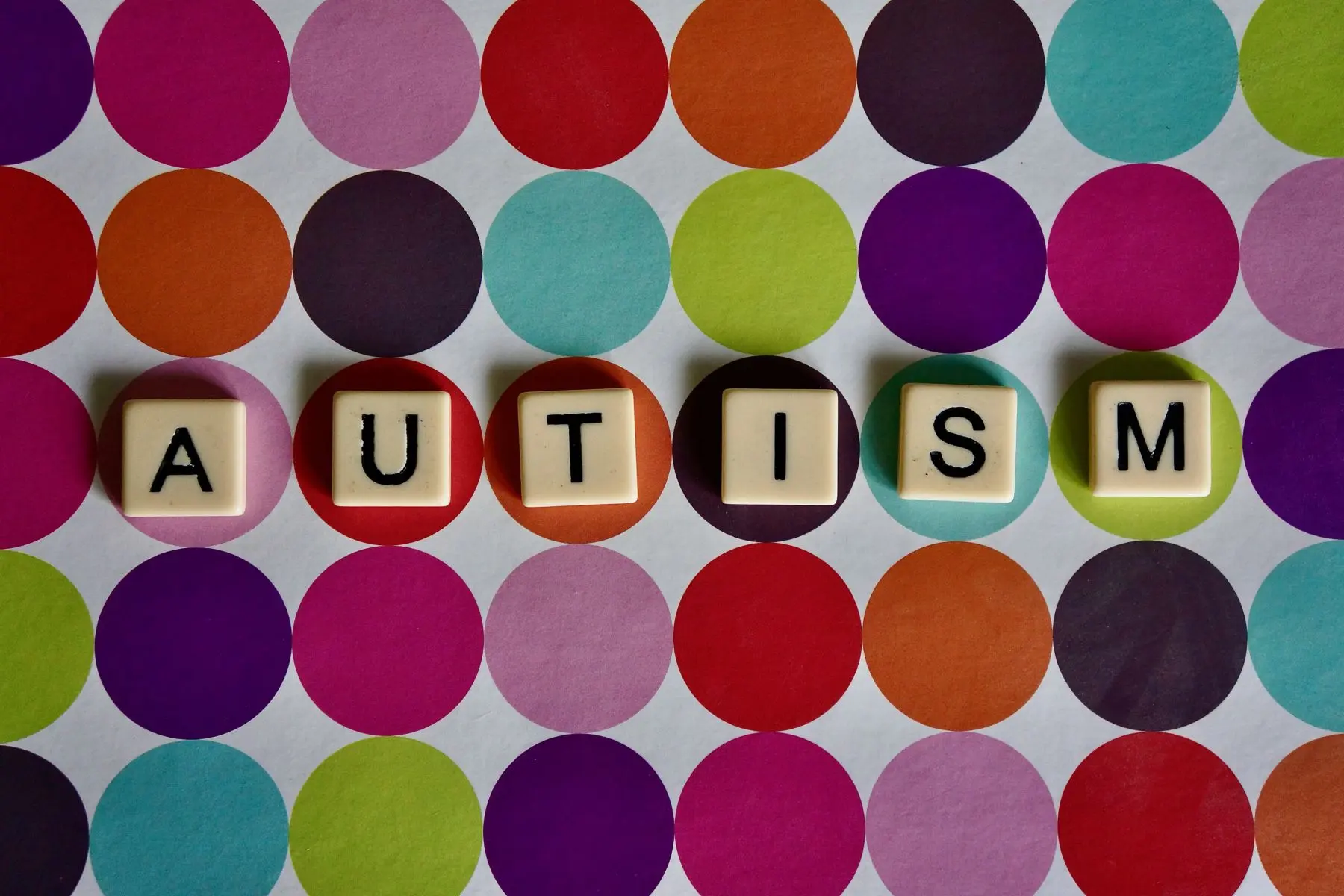As we use the month of April to renew our commitment to equity for people on the autism spectrum it is worth looking at new trends shaping how we understand and discuss Autism. A lot has changed since 1972 when Autism Awareness/Acceptance month launched (originally called National Autistic Children’s Week which evolved into Autism Acceptance Month.)
Here is a glimpse at new ideas that are shaping how we talk about and understand Autism.
WHAT’S IN A NAME?
There is an ongoing disagreement over grammar and semantic in the autism community over the use of “person with autism” vs. “Autistic person.” The argument is split between the community who supports Autistic people against Autistic people themselves. The words and language we use to describe people can be confusing to navigate. Intentions to be respectful, accurate and descriptive can in fact cause harm and division. The silver lining of this debate is that both parties are arguing on how to be respectful to the Autistic community.
- Resources:
- Identity-First Language
- The Significance of Semantics: Person-First Language: Why It Matters
AUTISTIC DIFFERENCES
Just like there is an autism spectrum, there is a spectrum with understanding Autism. At one end of the spectrum are people who think neurodevelopmental differences are a myth, conjured as excuses for being lazy or a lack of intelligence. At the other end of the spectrum are people who believe Autistic people aren’t suffering from a “condition” at all, they are just people who think differently. The latter group is gaining supported from scientific reviews and data that indicate a that Autistic people are more closely aligned with neurotypical people that previously understood.
While adjusting to how we understand Autism, is important to familiarizing ourselves with the positive attributes of Autism that so often get left out of the conversation when discussing how to “help” Autistic people navigate the world around them.
INCLUSION
Inclusion of Autistic individuals in neurotypical spaces is proven to help create a sense of belonging by building friendships and staving off depression and loneliness. One space often overlooked when discussing inclusion is that of recreation. The “deficits” of Autistic people have crated a barrier to their including in spaces that haven’t been specifically created for them. We need to reexamine our understating of what it means to be inclusive and diverse.
- Resource:
- Autism Inclusion in Recreation
MORE TO THINK ON
Understanding Autism is a work in progress. Knowledge and understanding are expanding to include topics of convergence, improved screening, exploring science, and gender difference among others. There is no shortage of material to dig into and learn about how to best support the Autistic community. Being a good advocate is being open to change.
- Resources:
- Trends in Autism Research 2021
*Thank you to Maureen Bennie, Director of Autism Awareness Centre Inc. for sharing the linked resources.

